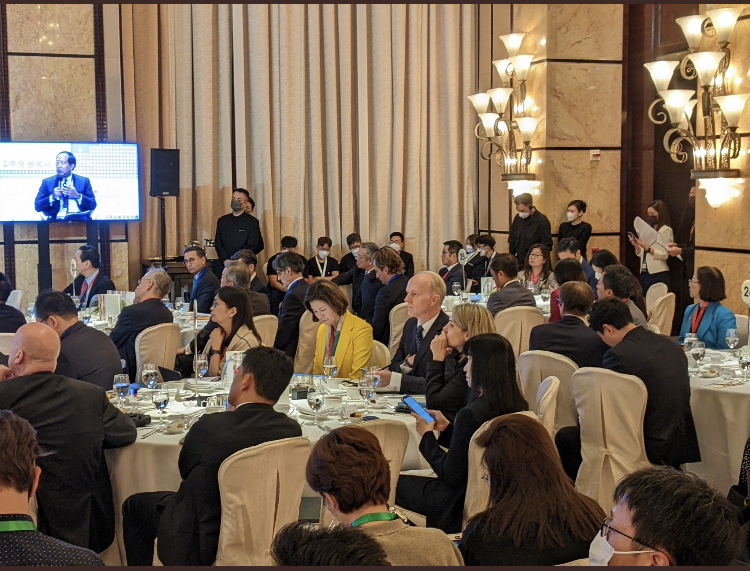Planning a successful meeting is like polishing a diamond: when all of the facets are ideal and fit together harmoniously, the holistic experience is brilliant. But what happens when you have to make trade-offs between facets?

When selecting venues, global meeting planners must balance a complex array of factors, including cost, access via international airports and ground transportation, sleeping room capacity and quality, meeting space capacity and quality, F&B, audio-visual services and language accessibility. Each factor would have a threshold of acceptable value based on the meeting specifications, but above those thresholds, which is most important?
Specifically, between a destination to which it would be easier for international delegates to travel and in which a common language is spoken (Hong Kong, for example, for global societies whose members use English as the official language of society activities) and a destination in which the total meeting cost would be significantly lower, which factor will be the primary driver of
the decision?
Like every other business decision, meeting venue selection should be rationally driven by the sponsoring organisation’s strategic plan, rather than being arbitrary or emotional.
If the sponsoring organisation is a for-profit corporation with shareholder ROI as the highest priority – or a governmental agency under scrutiny for meeting expenses that are perceived as wasteful– cost might be the most appropriate deciding factor.
For most not-for-profit associations and societies, the organisation’s primary mission is related to the advancement of a profession, industry, or cause—in which case, cost may take a back seat to making it easier for delegates to get to and interact with local peers at the meeting. That said, even secondary factors have threshold values; if a venue’s costs were so high that delegate registration fees would have a negative impact on attendance, that venue would price itself out of consideration even when price is not the primary deciding factor.
For Metacred’s association clients, the controlling factor in meeting venue selection is the impact on the association’s mission. So we generally prefer venues that are easily accessible to international travellers and conducive to meaningful interaction between local and visiting delegates. When profit is not the primary goal of a sponsoring organisation, convenience does trump cost.
The better a meeting planner understands the sponsoring organisation’s priorities, the easier it becomes to select a brilliant venue.
J David M Rozsa is the CEO of Metacred, an association management company that specialises exclusively in credentialing



